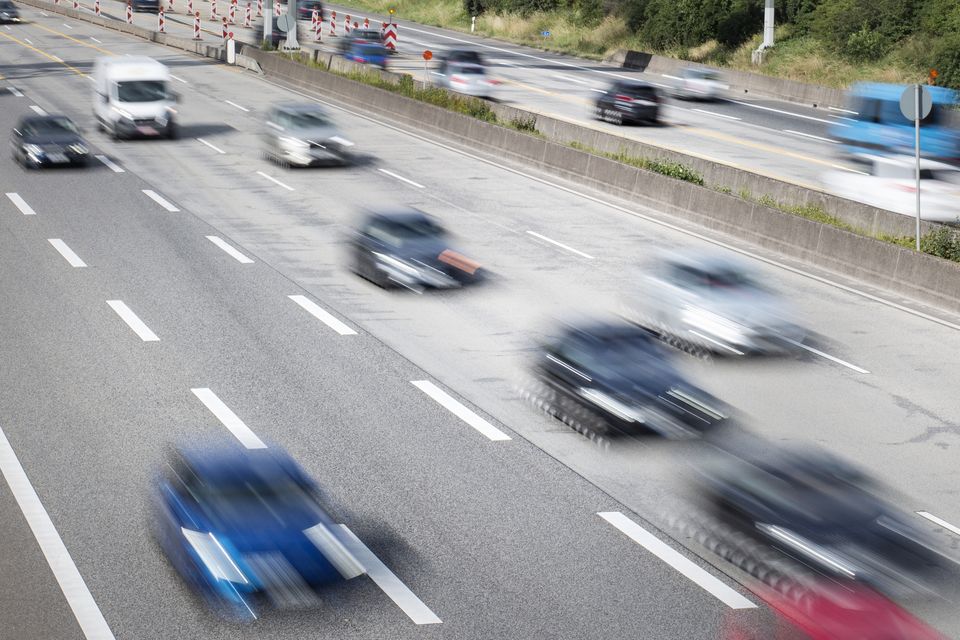Motorways are statistically the safest roads despite drivers' phobia of them. Photo: Getty Our motoring editor answers your questions on what is behind driving phobias and what can be done about them Motorway phobia is an overwhelming fear of driving on motorways, and its origins can vary. Some people trace it back to a traumatic experience, such as witnessing or being involved in a serious collision.
For others, the fear may develop gradually, often tied to generalised anxiety or stress. The fear of high speeds, merging traffic and long, uninterrupted stretches without exits can also contribute. If left unchecked, the lack of confidence can extend to other driving scenarios, eventually making even routine driving a source of anxiety.

This can severely restrict your independence and quality of life, especially if you’ve always relied on a car to get you from A to B. Motorways, despite their intimidating nature, are statistically the safest roads. Gradual exposure is key so begin with short trips between exits to build confidence and gradually ease yourself into driving on motorways.
Relaxation techniques such as deep breathing and mindfulness can help keep anxiety in check while driving. For some, driving with a trusted passenger or seeking help from a therapist, particularly one specialising in cognitive-behavioural therapy (CBT), can be highly beneficial. CBT has proven effective in treating phobias by helping individuals reframe their thoughts and gradually face their fears.
In Ireland, learner drivers aren’t allowed on motorways, meaning that after passing your test, motorway driving is an entirely new experience. To bridge this gap, many driving schools offer lessons on motorway driving to drivers who hold a full licence. These lessons cover topics such as joining and leaving motorways, lane discipline, adjusting speed based on conditions, and handling breakdowns or emergencies.
These lessons could provide the confidence boost you need. Top tip: Deep-breathing exercises can help reduce anxiety by resetting your breathing rhythm and lessening the body’s “fight or flight” response, which is the natural reaction when preparing to face or avoid danger. Any questions? Contact sundaymotors@independent.
ie Join the Irish Independent WhatsApp channel Stay up to date with all the latest news.




















